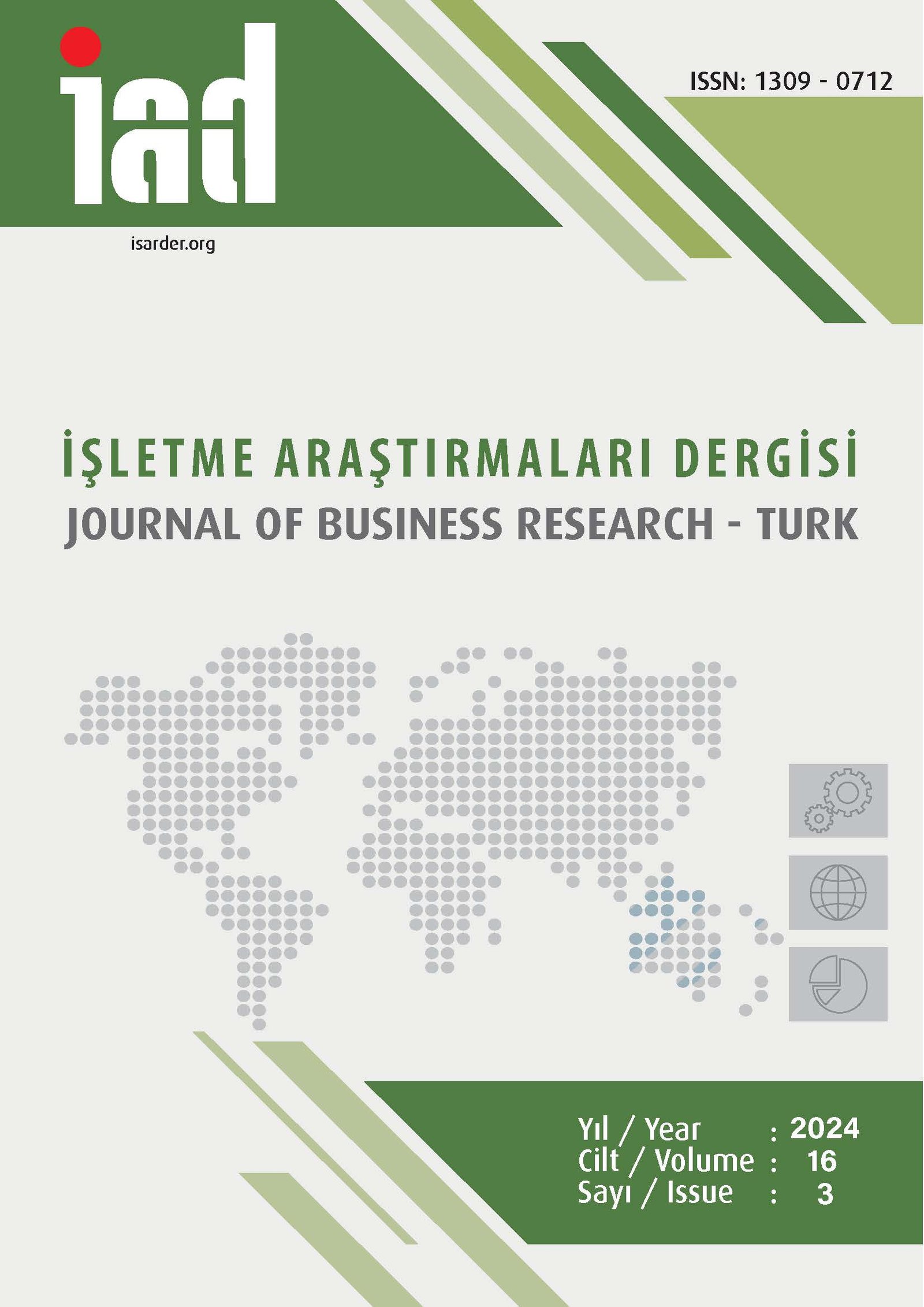The Relationship Between Prosocial Motivation and Perception of Corporate Reputation: A Study on Private Health Institutions and Red Crescent Employees in Kahramanmaraş
DOI:
https://doi.org/10.20491/isarder.2024.1883Keywords:
Motivation, Prosocial MotivationAbstract
Purpose – The aim of this study is to examine the relationship between prosocial motivation and corporate reputation perception. Design/methodology/approach –: Quantitative methods were used in the study and data were obtained through a survey. The model of the study was determined as the relational screening method. The sample of the study consists of Private Health Institution and Red Crescent employees operating in Kahramanmaraş. Purposive sampling method was used as the sampling method. SPSS analysis method was used to analyze the data obtained. Result – As a result of the analysis of the data obtained, it was seen that there was a moderate positive relationship between prosocial motivation and corporate reputation perception and its sub-dimensions. Discussion – According to the studies, organizational success, positive behaviors and employees' feeling of value are achieved by engaging in good, useful and meaningful activities. In this sense, good behavior carried out in line with the interests of the society and the individuals in the environment positively affects the reputation of institutions. Prosocial motivation practices, which are based on feelings of goodness, sacrifice and helpfulness, will increase the perception reflected in both the internal and external environment, and thus, institutions will gain an advantage in terms of customer loyalty, loyalty and competition.
Downloads
Published
How to Cite
Issue
Section
License

This work is licensed under a Creative Commons Attribution-NoDerivatives 4.0 International License.





